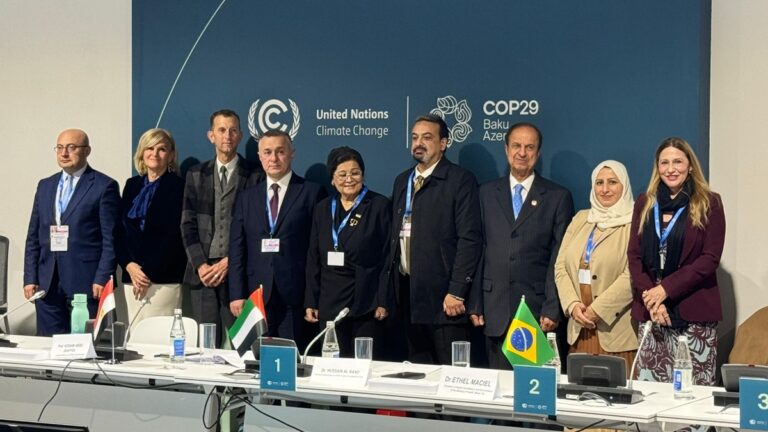In the lead-up to the G20 Summit in Brazil, the World Health Organization (WHO) and nations worldwide marked the Day of Action for Cervical Cancer Elimination, emphasizing strides made since the initiative’s 2020 launch. As of 2024, 144 countries have introduced HPV vaccines, while 60 nations have incorporated HPV testing into their screening programs, demonstrating a significant global commitment to combating cervical cancer.
Cervical cancer is one of the most preventable forms of cancer, yet it remains a major health threat, particularly in low- and middle-income countries where access to screening and vaccination is limited. The WHO’s global strategy aims to ensure that 90% of girls receive the HPV vaccine by the age of 15, 70% of women undergo screening by 35 and again at 45, and 90% of diagnosed women receive appropriate treatment. These targets, if met, could lead to the near-total elimination of cervical cancer as a public health concern within a few decades.
Medical professionals and advocacy groups are urging governments to scale up investments in HPV vaccination and cervical cancer screening programs. While many countries have made significant progress, challenges such as vaccine hesitancy, lack of healthcare infrastructure, and disparities in access remain significant barriers.
The Day of Action serves as a reminder of the importance of community engagement, awareness campaigns, and policy interventions to ensure that women worldwide can access life-saving prevention and treatment. The G20 Summit discussions are expected to reinforce financial and logistical commitments, ensuring that countries continue to make strides in eliminating cervical cancer through coordinated global efforts.





